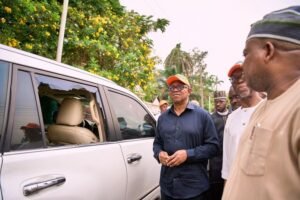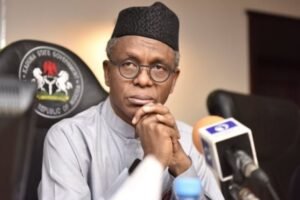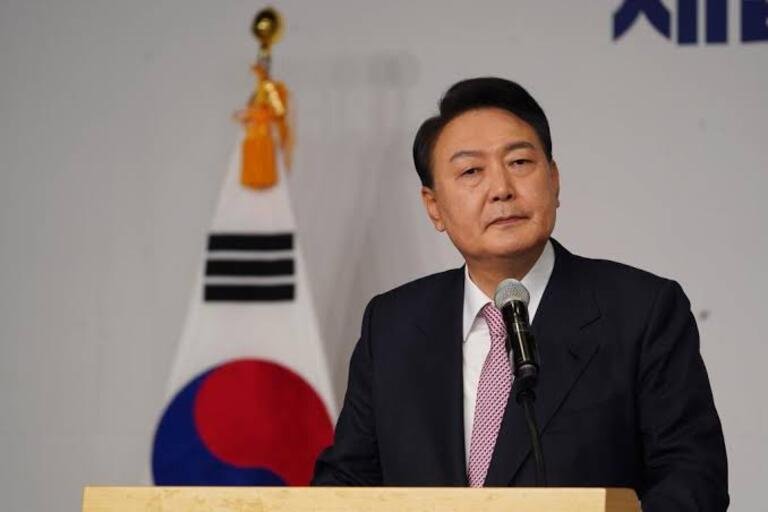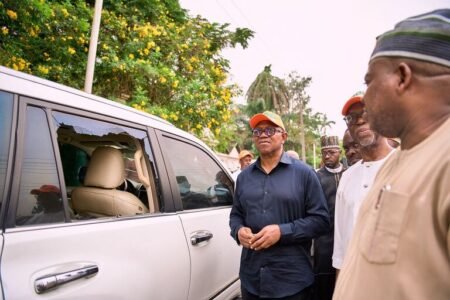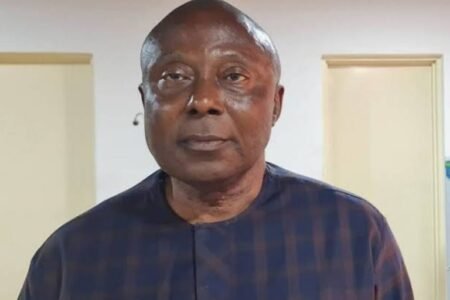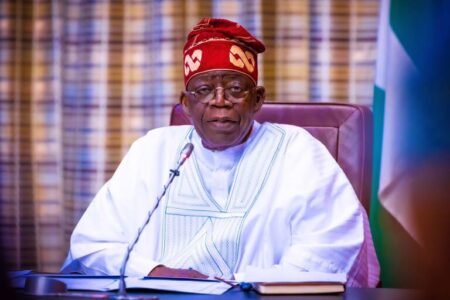South Korea’s anti-corruption agency on Friday announced its intention to request a Seoul court to prolong the detention of President Yoon Suk Yeol, who has once more declined to answer questions from investigators.
On Wednesday, Yoon made history as the first sitting South Korean president to be arrested, amid an investigation into allegations of insurrection related to his brief imposition of martial law in early December. He is currently in custody at the Seoul Detention Centre.
To extend Yoon’s custody, investigators at the Corruption Investigation Office for High-ranking Officials (CIO), which is overseeing the inquiry, must seek court approval for a detention warrant lasting up to 20 days.
“I think you can consider it almost finished,” a CIO official told reporters, responding to a question on whether investigators were set to file a request to detain the former president further.
The official told reporters Yoon’s current arrest term was due to expire by Friday evening.
The Seoul Central District Court struck down a challenge on Thursday from Yoon’s lawyers over the legality of his arrest.
The former president stonewalled efforts by the CIO to interrogate him on Thursday and again on Friday while his party has capitalised on political polarisation to improve its approval ratings since Yoon’s arrest, polling showed.
“He has fully stated his basic position on the first day (of the arrest), and we believe there is no reason or need to answer the Q&A style back-and-forth,” Yoon’s lawyer, Seok Dong-hyeon, said in a statement.
The suspended president’s legal team has denied Yoon masterminded an insurrection, a crime in South Korea punishable by life imprisonment or even technically by the death penalty.
Seok said on Friday that he expected investigators to seek a detention warrant, but hoped there would be a more careful and comprehensive consideration of the arrest’s “illegality” when a court reviewed the warrant.
South Korea is grappling with its worst political crisis in decades, sparked by Yoon’s brief attempt to impose martial law on Dec. 3 that stunned the nation and was swiftly voted down by parliament.
The former president was impeached on Dec. 14 and he faces a Constitutional Court trial that started this week to decide whether to permanently suspend his powers or return him to office.
